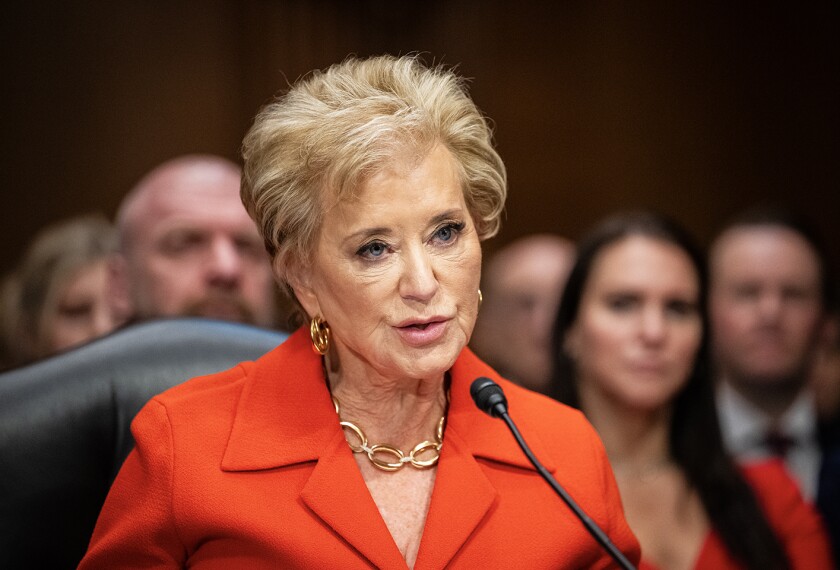Around the world, young people coming of age during the pandemic feel distrustful of their countries’ plans to move forward and dissatisfied with the help they’ve received from their governments.
“The pandemic crisis has significantly reduced international student mobility, widened educational attainment gaps across different student populations and increased the risk of students disengaging from education entirely,” OECD researchers found.
The Organization for Economic Cooperation and Development, which administers global youth studies and benchmarking tests, also analyzed the pandemic recovery plans of 72 countries, including the United States, and surveyed more than 150 youth organizations in those countries about the concerns of the children and adolescents they serve.
The OECD found that by the end of 2021, only about 30 of those 72 countries had put forward government-wide pandemic-recovery plans which mention supports for children and youth who lost school time and suffered from family, housing, and financial instability. Of those, at least 25 countries, including Australia, Canada, and Sweden created evidence-based pandemic supports for children and youth across different sectors like education and well-being, and pledged government money to pay for the initiatives. Only 10, including Australia and Belgium, incorporated feedback from young people into those plans, however.
While the United States did incorporate programs for children in its recovery efforts—such as federal money for schools—the OECD found there were not enough details to determine whether its supports for children are evidence-based and supported by federal dollars.
Sixty percent of youth groups reported their students have been dissatisfied with public education during 2021, and 43 percent were not satisfied with health services, particularly mental health services. More than 80 percent of those surveyed characterized mental health as one of the top challenges facing young people during the pandemic—a concern echoed by the U.S. Surgeon General.
Trust lagging, disinformation rising, youth groups say
Sixty-seven percent of the groups surveyed reported concern that the pandemic has increased the spread of disinformation among young people, who were more likely to be socially isolated and more reliant on the internet for news and information during the last two years, because of quarantines and disrupted schooling around the world.
The OECD found more students who list the internet as their primary source of information reported being confused about what was real about the pandemic. While 54 percent of 15-year-old students in countries that participate in the OECD’s Program for International Student Assessment said they had been taught at school how to recognize misinformation, low-income students were less likely to be able to identify whether online information was credible.
Only 16 percent of the youth groups said that their students had increased their trust in government in response to its pandemic response in 2021. That is down from 40 percent in 2020.
However, more than half of youth organizations reported their students approved of how their governments communicated health risks about COVID-19 and used scientific evidence to develop and convince people to support measures to prevent the spread of the coronavirus.
The OECD recommends countries provide more supports for children and adolescents as part of pandemic recovery, including:
- Integrating supports for young people across multiple agencies, such as education and social services and employment.
- Involving young people in the development of recovery efforts aimed at them. (Only 10 countries did so, but not the United States.)
- Collecting data on and studying the long-term effects of the pandemic on young people, particularly across income, race, gender, disability status, and geographic areas.








